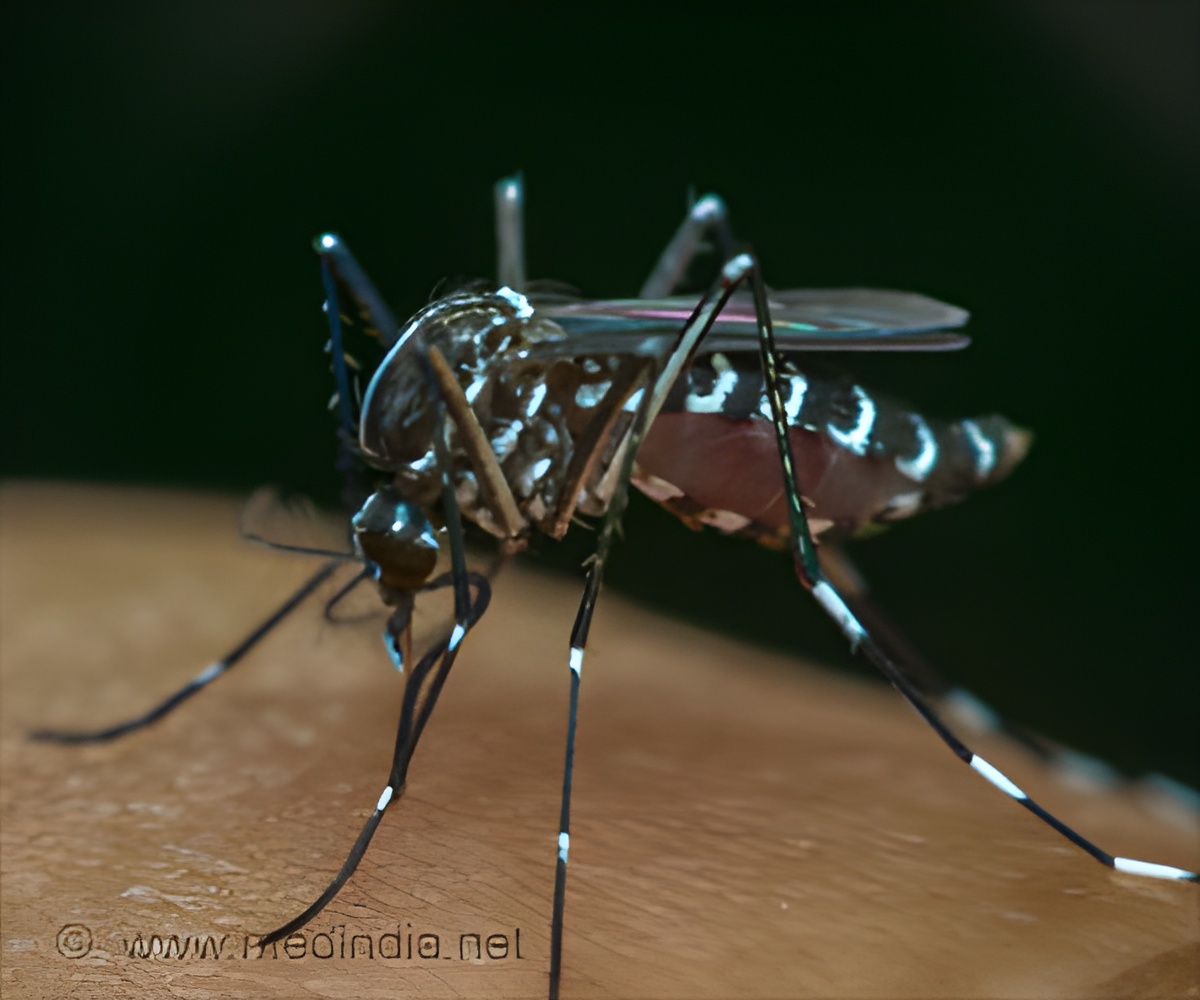The unique Zika case had no known risk factors for the virus, had not traveled to an area with Zika transmission and had no sexual contact with an infected person.

Zika is mainly spread by mosquitoes but can also be spread via sex. The "unique" case which was found in July, however, had no known risk factors for the virus, had not traveled to an area with Zika transmission and had no sexual contact with an infected person.
Health officials were only able to determine the individual helped provide care to an elderly male family contact, reportedly the person's father, who contracted the Zika virus abroad.
This other patient, who subsequently passed away, was infected with an unusually high amount of virus, approximately 100,000 times higher than an average infection.
As part of the investigation, US health officials tested more than 200 people for the Zika virus, including family contacts of both cases, health care workers who cared for the deceased patient and members of the general public who lived near both of the cases, and they have not revealed any additional cases.
The officials also trapped and tested mosquitoes around the homes of both cases, and no mosquitoes known to carry the virus were found during the investigation.
Advertisement
But the report noted that the person reported hugging and kissing the deceased patient, suggesting the possibility that the infection might be caused by contact with body fluids.
Advertisement
"This investigation will remain active, and we will continue working to learn more about Zika virus and how it may be spread," Dagmar Vitek, medical director from the Salt Lake county Health Department, said.
"People should continue to take the appropriate steps to prevent Zika virus infection -- especially pregnant women, and health care workers who are caring for severely ill patients with the disease," Vitek said.
Source-IANS










